
Travis Kepley is a Senior Instructor at Red Hat where he helps employees, partners and customers understand how Open Source Software can create a better IT and business infrastructure. Travis started at Red Hat in January of 2008 as a Technical Support Engineer before becoming a Solutions Architect prior to moving to his current role. Travis graduated from the University of North Carolina at Greensboro and now lives in Raleigh with his wife and dog. When not extolling the virtues of open source, Travis is found fishing as well as playing and recording music.


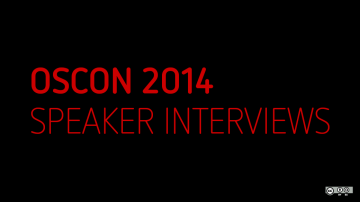
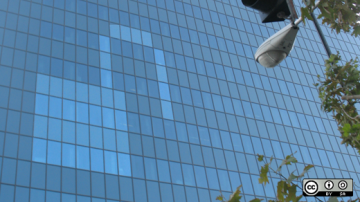
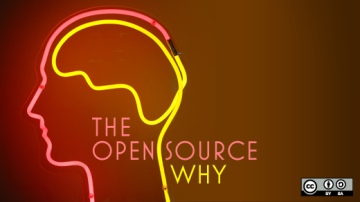
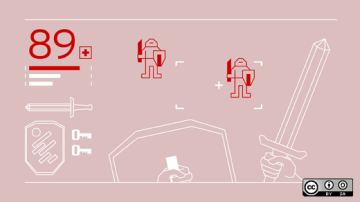
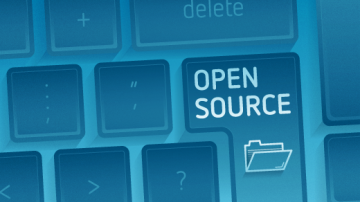
Authored Comments
Yes, absolutely. When Star Wars was first released on DVD, it would not play in region free players. I see this as a form of DRM, though not like other schemes. So therefore I was unable to play the movie in Linux, which was my only DVD player at the time (poor college student!).
Netflix in Linux...
Several videogames have refused to play without an internet connection. Dumb stuff.
Saddest part is that each of these can be circumvented by illegally obtaining the content. Why should the barrier for purchasing be so significantly higher than the barrier for pirating?
Just as a reminder of our article last year on this topic. Proof that we were duped with hope.
https://opensource.com/life/10/5/brief-history-commercial-gaming-linux